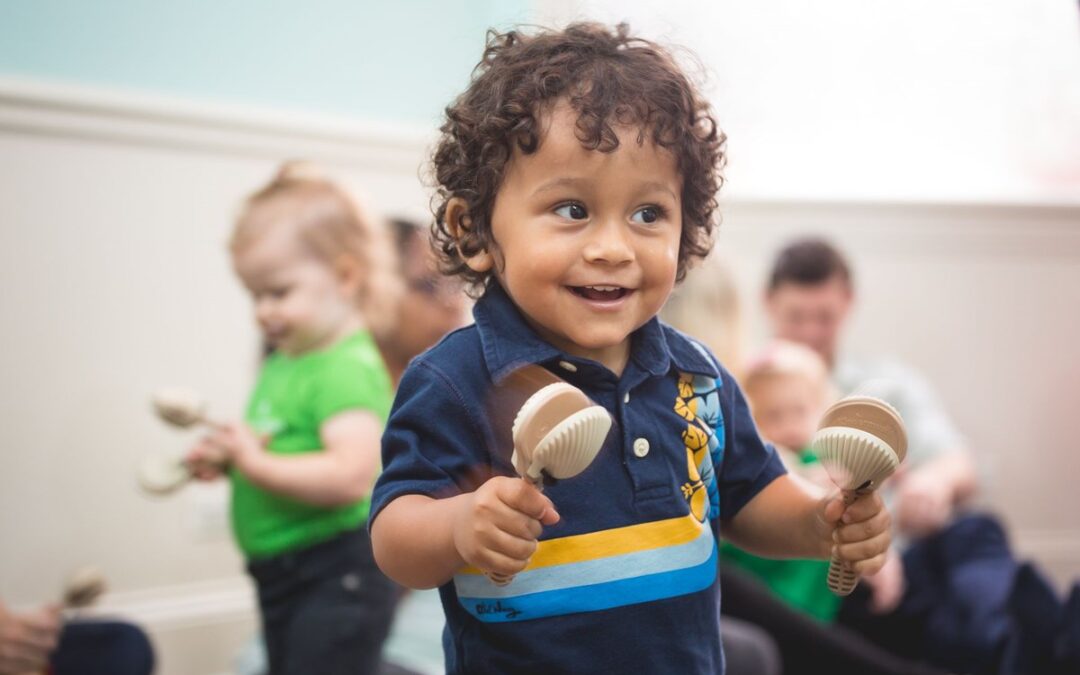- Listening to music may make your children smart, according to many child development experts. Dubbed “the Mozart Effect,” thanks to a 1993 study in which college students’ scores on spatial and temporal reasoning problems improved after listening to the music of the famous 18th-century composer, the theory is backed up by studies of preschool and kindergarten children.
Hearing is said to be the most developed of the five senses in newborn babies; they often turn their faces to identify where a sound is coming from, and they appear able to recognize the voices of their mothers and other close relatives almost from the beginning. Music may stimulate the development of neural pathways needed for reasoning, as children “organize” the notes in their brains to understand melodies.
Here are some other ways music may help children learn and grow mentally:
- Memory. Listening to rhythm, melody, and lyrics can help children discover how to remember and form words and may encourage stronger reading skills.
- Concentration. Musical tunes that catch the child’s attention can reinforce the ability to focus on a specific activity or idea for a period of time.
- Coordination. Clapping hands or stomping feet in time can enhance children’s muscular performance.
Playing Raffi CDs is just a start. To encourage a love and appreciation of music in your child, try these tactics:
- Get active. Encourage small children to dance, shake toys, stomp, or wave in time to the music. As they start speaking, urge them to sing along.
- Make music. Music lessons can teach patience, concentration, and self-confidence. And just letting your kids tap the keys on your piano can teach them about sounds and rhythm.
- Don’t push. Expose your children to a wide range of music, but don’t force any particular style on them. Let them discover and explore what they like on their own.

